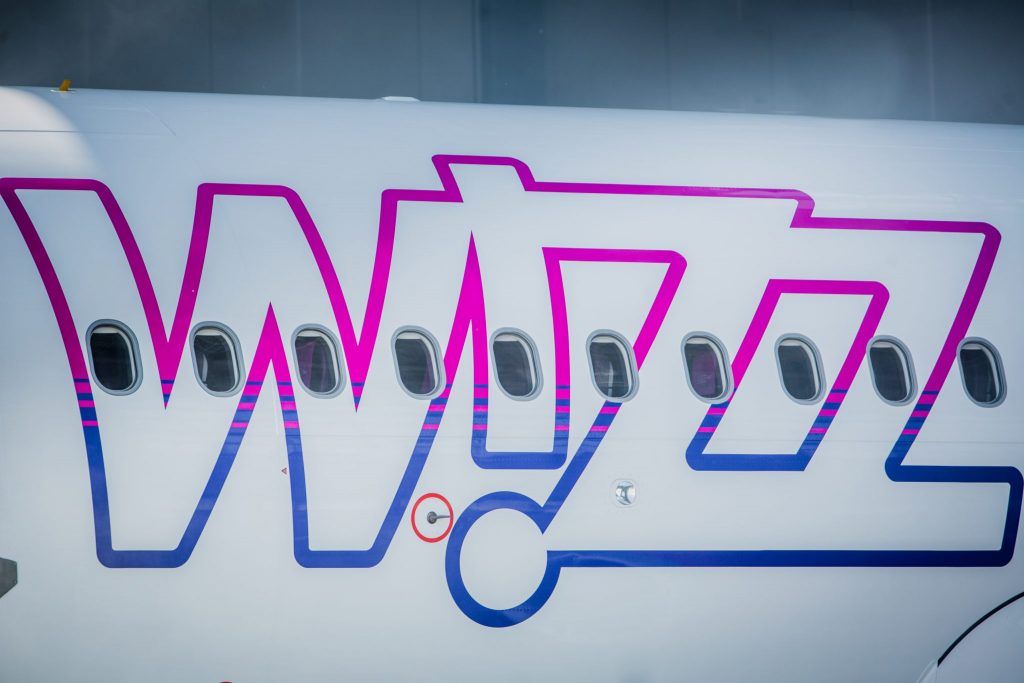Wizz Air Ramps Up Growth Plans as European Rivals Wilt

Skift Take
European low-cost carrier Wizz Air is taking advantage of struggles at some of its competitors by ramping up its growth plans for the rest of the year.
The airline will increase its growth target from 16 to 20 percent as weaker carriers start to pull routes and frequencies.
Wizz Air's fleet is made up entirely of Airbus aircraft putting it at an advantage compared with regional rival Ryanair, which is itself scaling back its ambitions because of a delay in receiving its order of Boeing 737 Max jets. Regulators across the world have grounded the aircraft following two fatal crashes.
József Váradi, Wizz Air CEO, said the airline was not necessarily taking advantage of the Max crisis but rather the financial struggles of others.
"You are seeing European airlines somewhat wobbling with regards to financial results. I think within that context we outperform the industry and we think that creates an opportunity for us to move strategically," he told analysts on Thursday after the release of the company's first-quarter results.
Váradi highlighted Alitalia, Lot Polish Airlines and Roman carrier Tarom as companies that are struggling.
Should any of these airlines go out of business, Wizz Air would be ready to step in to take advantage as it did with the collapse of Monarch in the UK and Air Berlin in Austria.
"As the macro environment is hardening up on the airline industry, you see some degree of rational behavior coming in and some market forces to effect the airline industry but its very hard to predict what exactly is going to happen," said Váradi.
Airbus Order
Airline investor Indigo Partners, a shareholder in Wizz Air, announced last month a deal for 50 of the new Airbus A321XLR long-range aircraft. Twenty of these will go to Wizz Air giving the airline scope to fly longer routes than it currently does.
But Váradi said Wizz Air, which is particularly strong in eastern and central Europe, would be prudent when it came to route planning and would likely stick to the extremes of its current network, such as Dubai and the Canary Islands rather than pursue a long-haul low cost strategy and introduce transatlantic flights.
"The purpose of the XLR is to connect the dots within our our existing geographies, primarily," he said.
First-Quarter Results
Wizz Air's first quarter results cover the three months to the end of June. In that period the airline moved from a pre-tax loss of $33.9 million (€30.5 million) in the prior year to a profit of $83 .9 million (€75.5 million). The change was largely as a result of foreign exchange charges of $91.6 million (€82.4 million) in 2018.
Revenue rose 25 percent to $768.1 million (€691.2 million) thanks in part to a 41 percent increase in ancillary revenue, now $346.6 million (€311.9 million).




